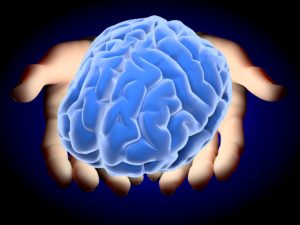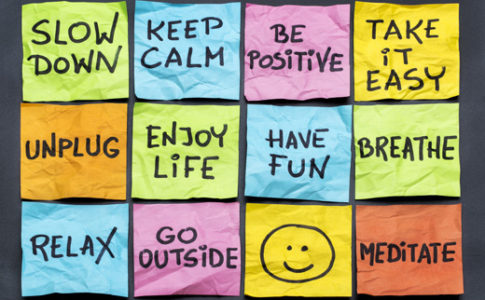What Happens to Your Brain if you Don’t Eat Enough!
You may be worried about eating too much, but are you also concerned about not eating enough? Drastically cutting your calories and going on a fad diet can hurt your body and brain. You may be starving your brain of essential nutrients if you don’t eat enough food.
Your brain needs a healthy diet just like the rest of your body. The cells in your brain need the nourishment that comes from food. Food provides your body with carbohydrates, proteins, and fats. It also offers nutrients such as minerals and vitamins that promote brain health.
A healthy diet is important for a strong brain. As a parent and an educator, I’ve always encouraged my children and pupils to eat a healthy breakfast, particularly on the morning before a big test or project. The same applies to the teachers!
Take care of your Brain! 
Your brain benefits from nutrients such as folic acid, omega-3, and others found in food. Your brain needs these minerals and vitamins to function properly.
Here’s what happens in your brain if you don’t eat enough to provide the nutrients it requires:
- Shrinking of the brain. When your diet lacks enough nutrients because you’re starving or participating in a fad diet, your brain can shrink. To prevent shrinkage, you need a sufficient amount of:

- B vitamins. These can be found in animal products such as fish, poultry, meat, eggs, and dairy.
- Amino acids. You want to ensure that you are eating foods that contain all 9 essential amino acids, including omega-3s. Meat and eggs are
considered “complete proteins,” as they typically contain all 9.
- Concentration and memory issues. Without the proper amount of nutrients, your brain can’t focus.
- You may have difficulty concentrating on simple tasks. Math or tasks that are more complex may become impossible.
- You need B vitamins, folic acid, omega-3, vitamin C, vitamin E, niacin, vitamin D, and other nutrients to concentrate effectively. Without them, your brain simply can’t function the way it was designed.
- Brain damage. If you starve or don’t get enough food for long periods of time, brain damage can be the result. This brain damage may or may not be reversible.
- Craving food. When you don’t eat enough, you start to crave food. You can’t stop thinking about it or shut off your brain.
- Your ability to make healthy food choices decreases. Since your brain thinks you’re starving, you’ll eat anything you find. You won’t be able to avoid temptations or stop eating junk food.
- Research shows that you’re more likely to eat carbohydrates and sweets to try to refuel.
- The constant cravings for food distract you. They can distract you to the point that you can’t work or study. You may even be in danger as you try to drive or walk since you can’t pay attention to your surroundings.

You may be worried about losing weight, fitting into your old jeans, or looking great in a swimsuit. These things motivate you to reduce your calories and food intake. However, fad diets and desperate attempts to lose weight can leave your brain without the proper nutrients. This is a dangerous and risky practice that can have long-term consequences.
Avoid skipping entire meals for days or weeks at a time. This type of unhealthy practice throws your entire body into starvation mode and hurts your brain, too.
You can avoid overeating without sacrificing important nutrients. You can reduce calories in a healthy way while ensuring you’re getting enough for your height and age. It may take some extra research when considering a diet, but your brain’s health is certainly worth it.
And no doubt about it – YOU are worth it!







No comments